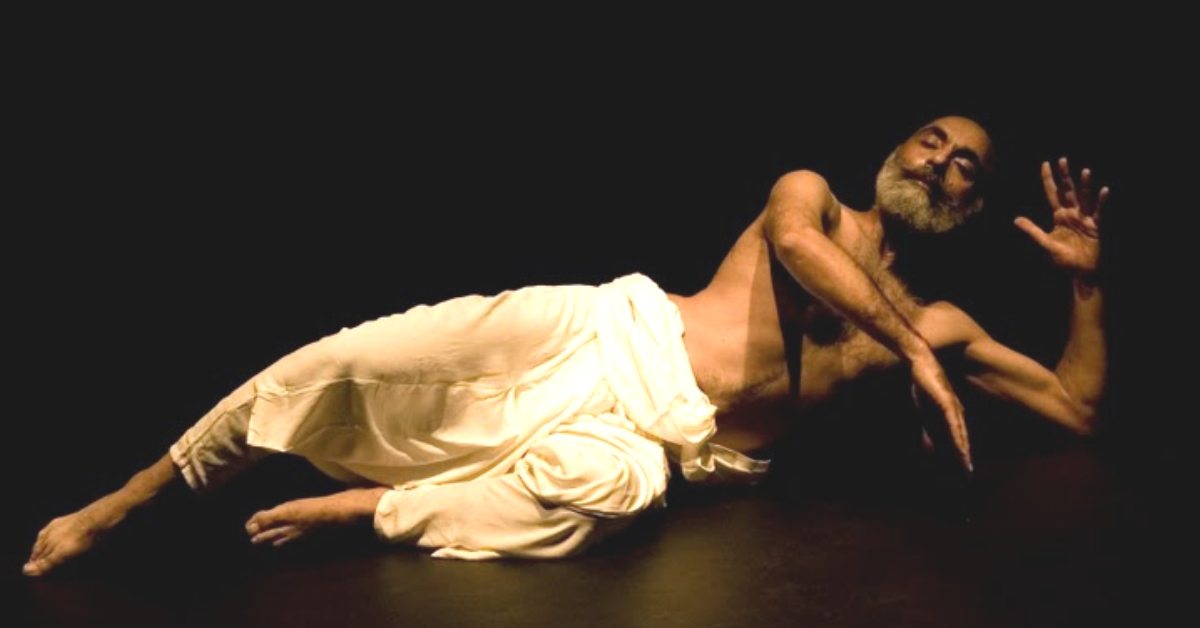SC Verdict on Section 377: Meet the Two Lead Petitioners Who Challenged The Status Quo
“I am what I am. So take me as I am. No one can escape from their individuality”, CJI Dipak Misra declared in the Supreme Court, striking down Section 377 as illegal and arbitrary.

It was in 1994, when Navtej Singh Johar, a Sangeet Natak Akademi award-winning Bharatanatyam dancer, met Sunil Mehra, who was then a journalist.
Mehra had reached out for a short profile on the noted Bharatanatyam master. As the story goes, that profile never happened, since Sunil believed he couldn’t write it with the requisite journalistic objectivity. Six months later, the two moved in together.
Nearly 25 years have since passed, but as lead petitioners in the case against Indian Penal Code (IPC) Section 377 in the Supreme Court, both 56-year-old Johar and 60-year-old Mehra wish to ensure that their struggle will allow young members of the LGBTQI community to live their lives without fear and trepidation. Speaking to The Indian Express, Mehra and Johar say their optimism about the outcome of today’s hearings stems from their belief that Indian aren’t homophobic by nature.
“Two men walking hand in hand or even hugging, likewise for women, is quite acceptable in India unlike in the West. There has always been a discreet acceptance of homosexuality here. The law has to keep pace with the times, and it is an issue whose time has come,” Mehra told the publication.
“This is not to say that we haven’t had our share of snide remarks and sneers. And this is also not to undermine the emotional, psychological, and physical violence that many of our friends have been subject to. We have learnt to normalise our marginalisation. But that does not mean that it is not deeply violating of our basic human dignity,” adds Johar, speaking to the publication.

Both Mehra and Johar had no real desire to be among the leading faces of a struggle against this colonial and regressive provision of Indian law, but they saw no other option once the Supreme Court in 2013 shockingly copped out of defending the Delhi High Court’s 2009 visionary judgement decriminalising gay sex, dismissing the fears of a “minuscule fraction of the country’s population.”
Following conversations with noted lawyers Menaka Guruswamy and Arundhati Katju, both partners, and their friends Aman Nath (hotelier), Ritu Dalmia (restaurateur) and Ayesha Kapur (businesswoman), came together and challenged the apex court’s decision.
Both Johar and Mehra, who have worn their sexual identities with pride, admit they are fortunate to have family and friends who have supported them through thick and thin.
It’s also important to understand that coming from a certain class with the necessary social networks has allowed them to carry on with their life choices with less trepidation than your average member of the LGBTQI community. Having said that, what they’ve done is used their platform to fight for them and everyone else still hiding behind the closet. That’s something we must all applaud.
Also Read: Middle-Class & Gay: How an IIT Engineer’s Parents Gave Him All the Hope in The World
“I am making this petition because as a normal gay man, who considers himself to be a responsible and a worthwhile citizen of this country, Section 377 makes no sense. My orientation is different, that is all, and that is no crime,” Johar told the Business Standard earlier this year.
“Despite their formidable achievements and contribution to India, they are denied the right to sexuality, the most basic and inherent of fundamental rights. Section 377 of the IPC renders them criminals in their own country,” the petition filed by Johar and Mehra reads.
In a scathing column for Daily O, Johar goes onto argue how this law is a tragic remnant of 19th-century Victorian morality imposed upon us by the British colonisers.
“Not realising the morally punitive Victorian era (which lasted no more than about 50 years) was a ploy, a construct to subjugate us further. But we, instead, adopted it and presented ourselves as eternally moral—that is where we are arrested,” he wrote.
Today’s Section 377 judgement driven by their petition has allowed them to break the shackles of history.
(Edited by Gayatri Mishra)
Like this story? Or have something to share? Write to us: [email protected], or connect with us on Facebook and Twitter.

Similar Story

The Couple Behind ‘Trial by Fire’ & Their Long Battle for Justice After Uphaar Fire
Neelam and Shekhar Krishnamoorthy, the couple whose story has inspired Netflix’s Trial By Fire, lost their children in the Uphaar Cinema fire, and have been seeking justice for their children and other affected families ever since.
Read more >
If you found our stories insightful, informative, or even just enjoyable, we invite you to consider making a voluntary payment to support the work we do at The Better India. Your contribution helps us continue producing quality content that educates, inspires, and drives positive change.
Choose one of the payment options below for your contribution-
By paying for the stories you value, you directly contribute to sustaining our efforts focused on making a difference in the world. Together, let's ensure that impactful stories continue to be told and shared, enriching lives and communities alike.
Thank you for your support. Here are some frequently asked questions you might find helpful to know why you are contributing?


This story made me
-
97
-
121
-
89
-
167












